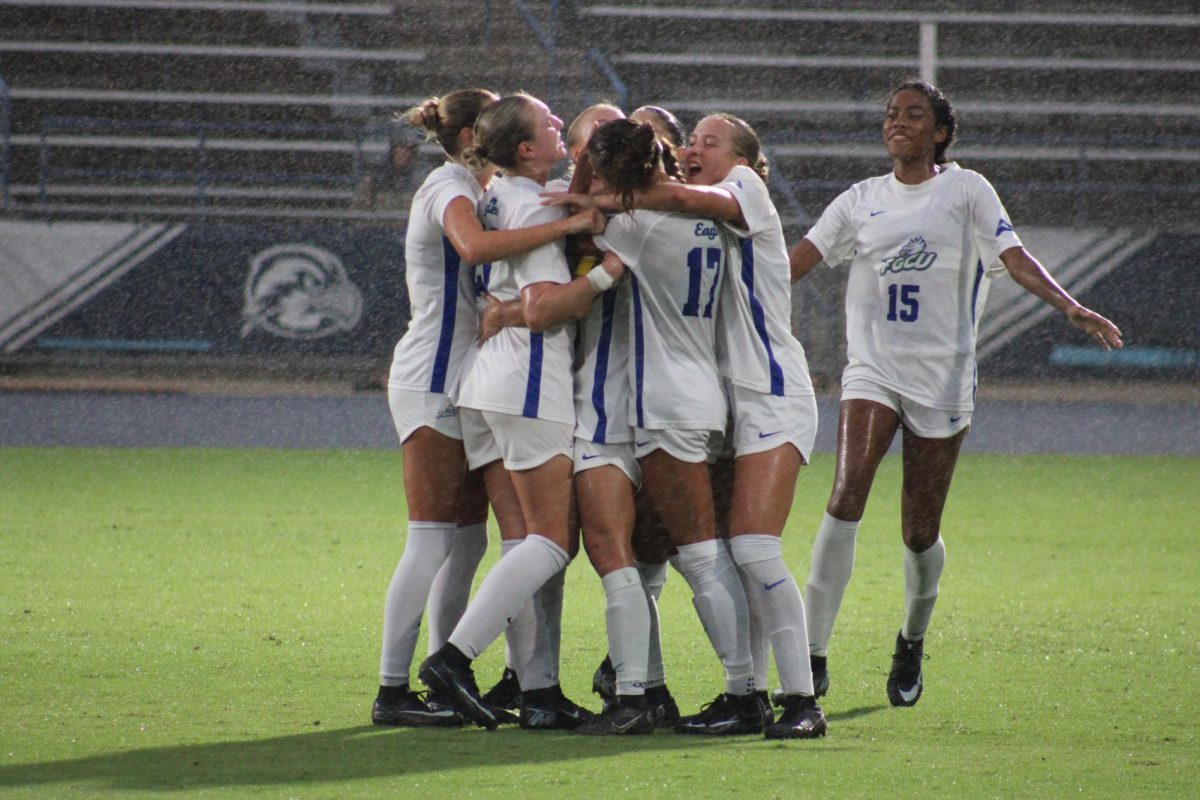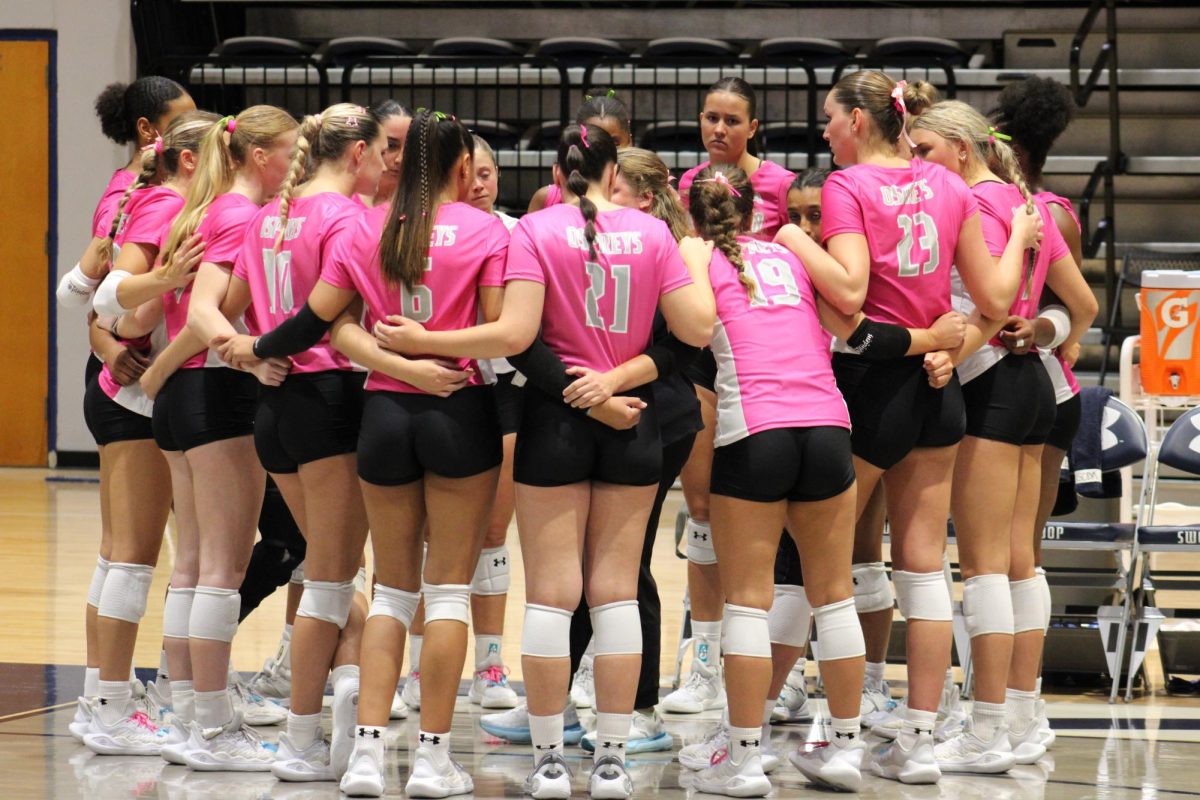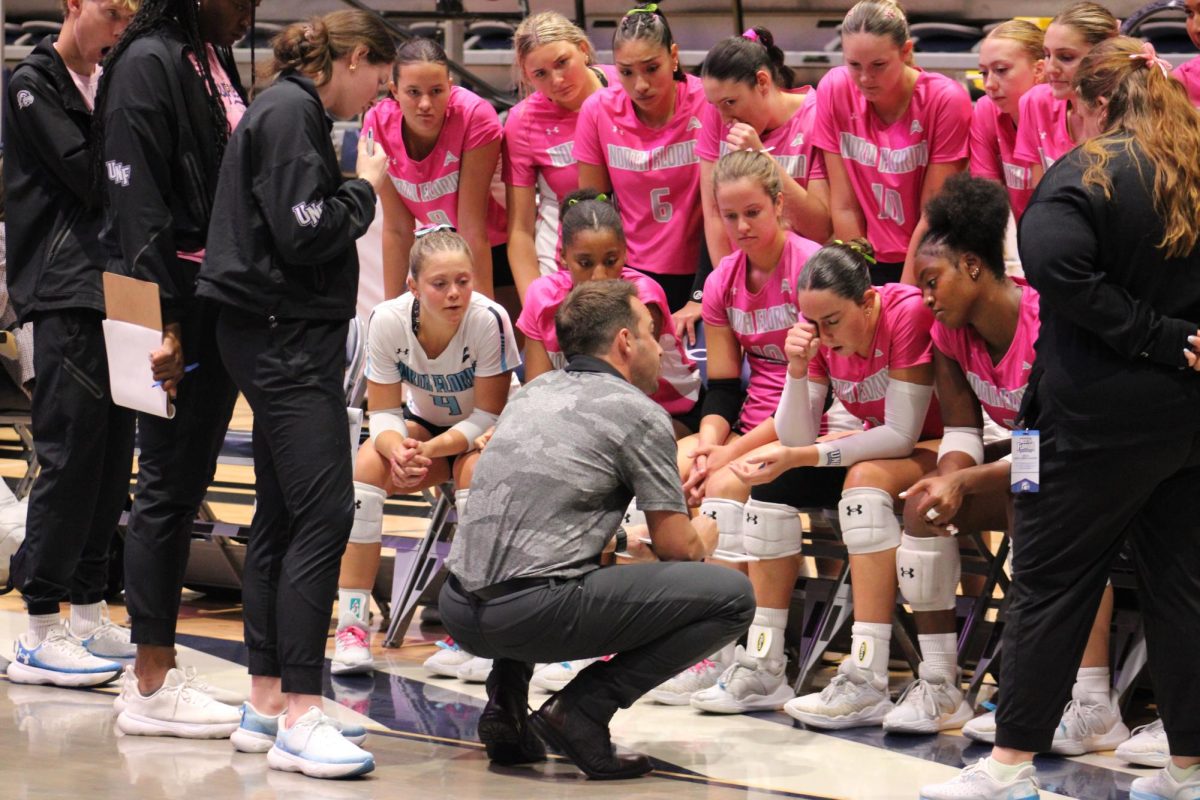It is getting harder and harder to get a free college education in Florida.
State lawmakers are cutting Bright Futures scholarships for the third straight year as people continue to tighten their belt on luxuries like lottery tickets.
“Despite the big changes to the Bright Futures Program made in the previous two years, the state’s lottery revenues are not as robust as previously estimated, making even more changes to the program a necessity,” said Janet Owen, the vice president of governmental affairs at UNF.
The Florida Senate and House each have their own version of cuts for the scholarship, as negotiations will continue until the session ends May 6.
As of March 24, the proposed draft of the House Higher Education Budget would raise the requirements of high school seniors’ test scores across the board. In order to get the highest scholarship, Academic Scholars, students would have to achieve a 1,300 on the SAT or a 29 on the ACT, instead of a 1,280 and 28, respectively, like last year. Community service requirements would also rise from 75 hours to 100.
Similar raises are proposed for the Medallion Scholars and Gold Seal Vocation Scholarships.
It would also require all students to submit a Free Application for Federal Student Aid, or FAFSA, in order to be eligible for Bright Futures.
The Senate’s budget, on the other hand, would not change eligibility criteria but would simply decrease the award amount by $1,000 per student, Owen said.
The changes to the scholarship will affect only incoming freshmen, but students are not enthusiastic about the proposals, regardless. When asked which cut he would prefer if he were an incoming freshman, current Bright Futures recipient Vinny Losito, a UNF computer science freshman, would rather see them increase the requirements.
“Many students work very hard to achieve Bright Futures, and it pushes them to work harder in school,” Losito said. “Decreasing the value would just further hurt the students who deserve it.”
Ryan Traher, a UNF freshman communication major and Bright Futures recipient, thinks the standards should be higher.
“I was surprised in high school at how easy it was [to get],” Traher said. “Increasing the requirements is not an outlandish request. It will encourage students to try harder in school.”
Neither budget proposal is set in stone, but once each side has their completed proposal, it will be combined with the rest of the state budget and go in front of the respective floor, House or Senate, for a full vote, Owen said. After the vote, a budget conference committee of both House and Senate members will come together to negotiate the differences between the two budgets. Owen said full approval by each side is required for final passage into law.
The reason behind all these budget cuts lies in the expectations for future lottery revenues, which fund the Educational Enhancement Trust Fund, out of which Bright Futures scholarship money is taken.
Overall, the Revenue Estimating Conference, which met Feb. 8, determined the forecast for ticket sales decreased by $7.6 million in 2010-2011. The largest reduction in the sales forecast was to the projection of Powerball, which was reduced by $33.2 million for 2010-11.
These reductions may be high, but this isn’t the first time the state has cut the budget for Bright Futures — this is the third straight year they are being cut in one way or another.
PULL OUT BOX/GRAPHIC:
House Higher Education Budget Draft:
Academic Scholars – increase SAT score from 1,280 to 1,300, or ACT from 28 to 29
(90th percentile) and increase community service hours from 75 to 100.
Medallion Scholars – increase SAT score from 1,020 to 1,170, or ACT score from 23 to 27
(75th percentile); for students in home education program, increase SAT score from 1,070 to 1,220, or ACT score from 23 to 27 (82nd percentile); require 75 hours of community service.
Gold Seal Vocation – Require 30 hours of community service.
Source: Janet Owen, VP Governmental Affairs, UNF















